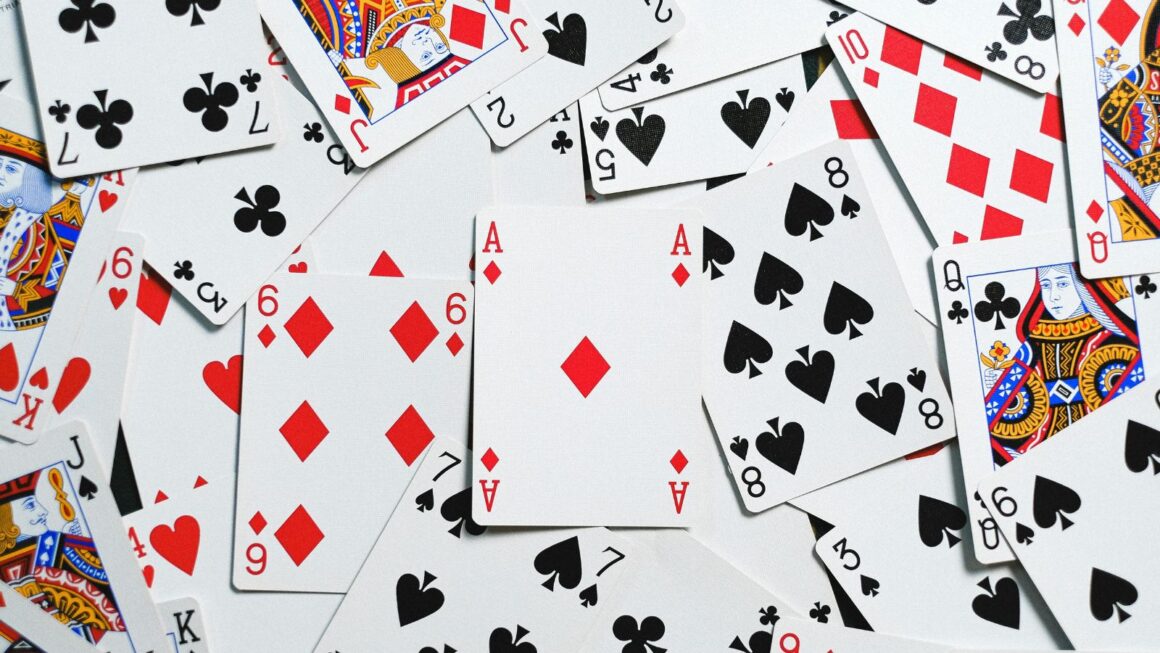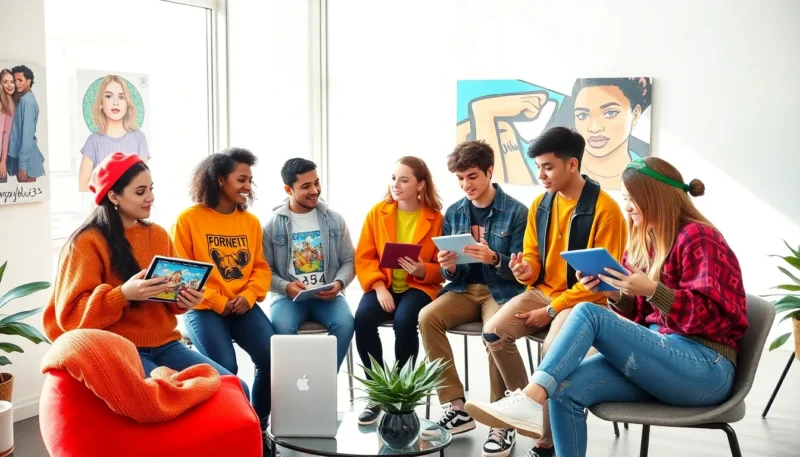What Video Game Skills Teach Us About Thriving in Online Gaming

For many of us, playing video games means hours of sharpening our reflexes and focus. These skills, and many others, have profound consequences in how an individual behaves in the competitive aspects of the online canvas. This article seeks to present concrete evidence of “how playing video games benefits gamers in real life ‘ and correlating analysis provided.
Research states that in the year 2025, 74 per cent of respondents in an online survey have confirmed that playing video games improved their problem-solving abilities. In the paragraphs below, you will appreciate the focus and strategy and the adeptness that goes into habit-forming in gaming, and how it contributes to online gaming mastery.
This article seeks to formulate an evidence-based argument on how skills acquired in interactive gaming are applied in other forms of digital entertainment.
Turning gaming habits into online advantages
For starters, gaming habits result in better choices and problem-solving skills, especially in a tight window for resolutions. Action games are proven to increase reaction times by 12 per cent compared to non-gamers.
This advantage in snap judgment is useful in video games and live competitive situations such as esports betting, where odds, reaction times, and the behavior of the opponent are evaluated under pressure.
The acquired skill of adapting to unpredictable challenges during in-game hours envisioned makes every new mechanic learned and every opponent adjusted to skillfully processed learned and every rule in-game changed adaptively, a training session for the brain to strengthen its data storage mechanism and make sharper calls with every new game played. This builds a certain degree of mental absence, which is the mental discipline of mental agility irreversibly acquired and translates into subsequent smooth experiences in the online domain, no matter the activity, whether it is in a formal game or otherwise.
How strategy and focus boost digital play
Developing a strategy and focus that matter far beyond leisure is acquired to some degree when planning paths, mapping quests, and organizing with teammates in pursuit.
The powerful ability to make decisive and strategic thoughts under pressure is increasingly practiced and strengthened by the younger generation, and it is finally acknowledged by parents. This acknowledgement expands to the increase in complexity of modern games that offer challenges to players with higher prioritizing skills and longer attention-spanning planning capabilities.
More than just reaction time is required for strategy gaming. Goal formulation, resource allocation, and assessing short-term and long-term rewards are all part of the game. Mental training programs of this type have learners predict multiple scenarios before arriving at a decision. You learn to grasp finer complexities while still having a grasp of broader scenarios, which is a game-centered and a growing number of other activities done online.
Skills from gaming that sharpen online success
Other than the focus and quick thinking, which are basic-level skills, there are other skills you gain through the online multiplayer games. These skills come from the ability to control multiple tasks and intricate systems simultaneously. Many games have objectives which require triage of resources and responses to events which occur in parallel streams. These instances help enhance the ability to manage multiple tasks of varying complexities at the same time.
Resilience is another lesson that can be learned from gaming. Failure is a constant across the matches lost, goals missed, and troublesome boss fights. Every missed opportunity is a chance to learn and develop a new strategy for accomplishing a task. Research conducted in 2025 demonstrated that through challenges, players learn the need for persistence and adaptability, which are important skills for dealing with unpredictable situations.
In addition to other aspects of gaming, imaginative play promotes cooperation. Communication and work division are needed for accomplishing shared objectives. This is also true for the offline digital world. This is true for digital communities, group work, and any other projects requiring collaboration offline.
Why quick thinking matters in online games
In virtual environments, timing is everything. Your ability to track moving objects, shift focus and process visual and auditory data simultaneously improves greatly. This means that you tend to respond to unforeseen circumstances quickly and in more strategic ways than other players.
Thinking quickly helps you deal with stress in more effective ways. Given the strategic practice in countless other virtual environments, your first response to changing circumstances is to choose the most rational option instead of panicking. This is the type of thinking you should have when you are placed under time limits. Such conditions are placed in multiplayer battles, time-restricted challenges, and other online activities. The ability to maintain psychological equanimity when under pressure is what sets you apart as a player.
At this point, it should be evident to you that your gaming routine is more than just a leisure activity. It is a training session that assists in the development of concentration, hand-eye coordination, flexibility, multitasking, and quick thinking. With over 2.5 billion gamers in the world and the average gamer spending 13 hours a week on video games, it is no wonder that these skills are being acknowledged more and more, even outside gaming.







